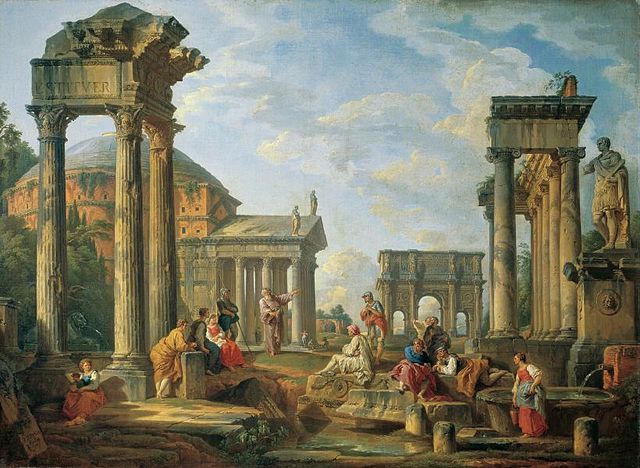Cultural history is a vital field that examines how culture has evolved encompassing the arts beliefs customs and practices of various societies. It seeks to understand the complexities of human expression and the factors that shape cultural identity. This article delves into the key themes significance and beliktal of cultural history drawing insights from U.S. sites and resources.
Understanding Cultural History
Cultural history focuses on how culture influences and is influenced by human behavior. It encompasses a wide range of subjects, including art, literature, music, religion, and social customs. By studying these elements, cultural historians aim to uncover the underlying narratives that define societies and their development.
One of the primary goals of cultural history is to explore how different groups interpret their experiences and express their identities. This can be seen in various forms, such as literature reflecting societal changes, art movements responding to political events, or music serving as a voice for marginalized communities.
Themes in Cultural History
Several recurring themes characterize the study of cultural history:
1. Identity and Representation
Cultural history examines how identities are formed and represented through various mediums. The exploration of race, gender, and class within cultural narratives reveals the power dynamics at play in society. For instance, the Harlem Renaissance in the 1920s showcased African American culture and its struggle for representation, influencing future generations of artists and writers.
2. Change and Continuity
Cultural history highlights the tension between change and continuity. It investigates how traditions evolve while maintaining core elements. For example, the adaptation of Indigenous practices in contemporary art reflects both the preservation of heritage and the influence of modernity.
3. Memory and Collective Experience
Memory plays a crucial role in cultural history, as it shapes collective identities. Public monuments, museums, and oral histories contribute to the preservation of cultural memory. The National Museum of African American History and Culture in Washington, D.C., serves as a testament to the importance of remembering the past and honoring those who contributed to American culture.
Methodologies in Cultural History
Cultural historians employ various methodologies to analyze cultural artifacts and practices. These include:
1. Interdisciplinary Approaches
Cultural history often intersects with other disciplines, such as sociology, anthropology, and literary studies. By integrating diverse perspectives, researchers can gain a more comprehensive understanding of cultural phenomena. For instance, examining the role of folklore in shaping community identity may involve both historical and anthropological analyses.
2. Qualitative Analysis
Qualitative methods, such as interviews, archival research, and content analysis, are essential in cultural history. Researchers may analyze primary sources, such as letters, diaries, and artworks, to uncover the cultural context of specific periods. These qualitative insights help historians understand the lived experiences of individuals within their cultural settings.
3. Digital Humanities
The advent of digital technologies has transformed cultural history research. Digital humanities tools enable scholars to analyze vast amounts of data, visualize cultural trends, and create interactive exhibits. Projects like the American Memory Project, hosted by the Library of Congress, provide access to a wealth of historical resources, facilitating research and public engagement.
Significance of Cultural History
Cultural history plays a crucial role in fostering understanding and appreciation of diverse cultures. By examining the complexities of human expression, it helps bridge gaps between different communities. In the United States, cultural history contributes to a more inclusive narrative that acknowledges the contributions of various groups, including Indigenous peoples, immigrants, and minority communities.
Furthermore, cultural history is essential for promoting critical thinking and empathy. By exploring the intricacies of cultural identity and memory, individuals can better understand the experiences of others and the factors that shape societal values. This understanding is particularly relevant in today’s increasingly multicultural society, where diverse perspectives are essential for dialogue and collaboration.
Conclusion
Cultural history offers invaluable insights into the human experience, exploring how culture shapes identity, memory, and societal change. Through interdisciplinary approaches and qualitative analyses, cultural historians illuminate the complexities of cultural expression and heritage. By recognizing the significance of diverse voices and narratives, we can foster a deeper understanding of our shared humanity and the rich tapestry of cultural history that defines our world. As we continue to navigate an ever-evolving cultural landscape, the lessons of the past remain vital for shaping a more inclusive and equitable future.
